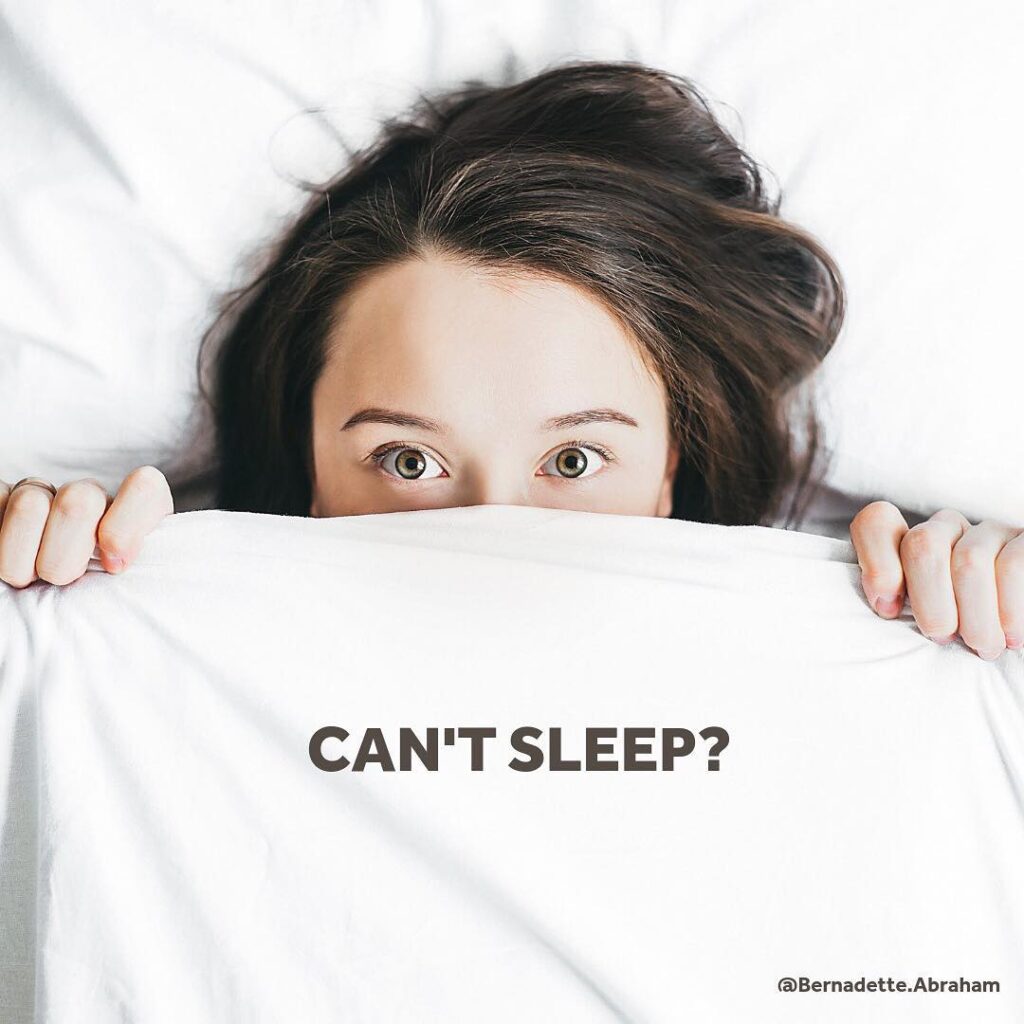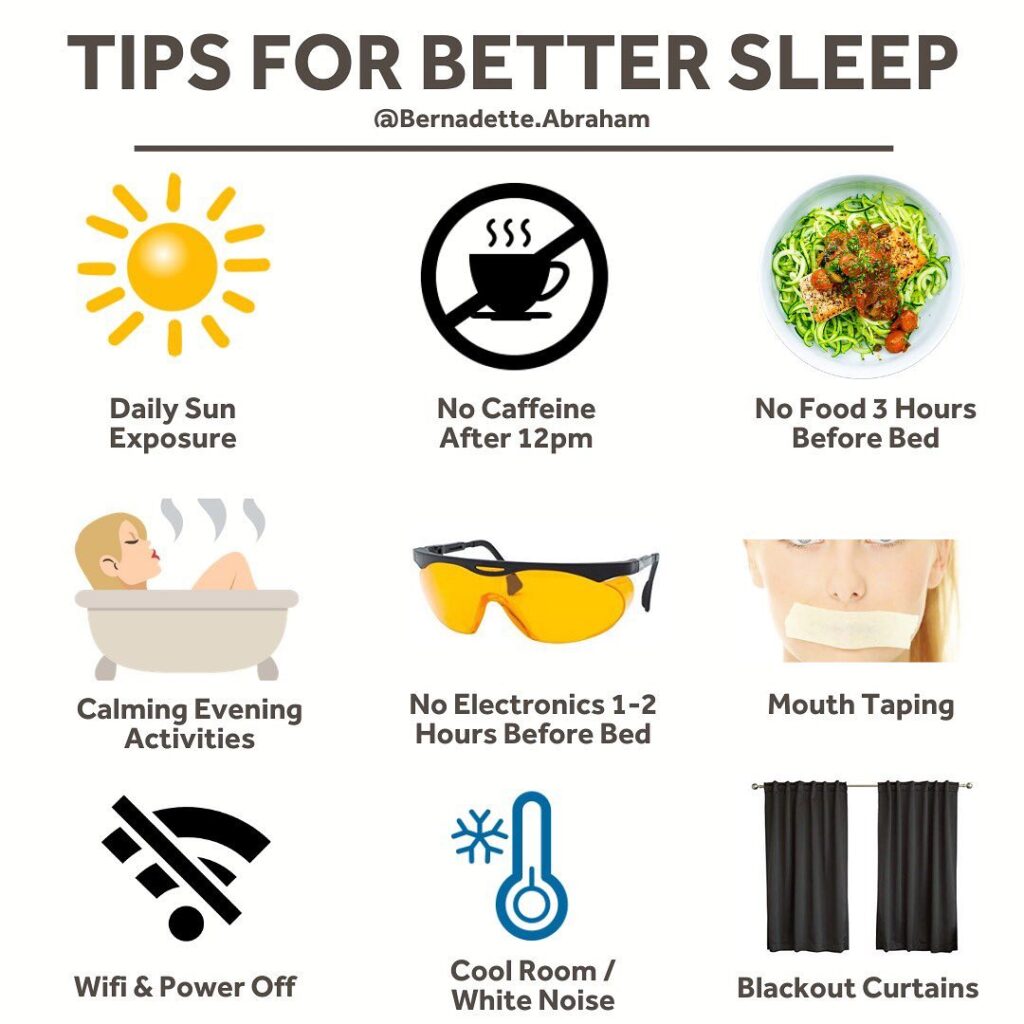The Importance of Sleep – Part 1

The 3 things I tackle first and foremost with any new client are headaches, bowel issues (i.e. constipation/diarrhea), and sleep!
I can’t stress enough just how vital high-quality sleep is to every person’s health and healing journey.
Even though it seems like we’re not doing much during the night, it’s the time when our body restocks our hormone supply, regenerates our immune cells and repairs damaged tissue.
It’s also when we get rid of significant amounts of toxins (hence the morning breath – did you know? ), process heavy emotions and eliminate the effects of stress from the day.
Think of sleep as a big fat reset button for our health.
And unfortunately, we have an epidemic of sleep disorders; from trouble with falling asleep to staying asleep to actual insomnia.
I personally know the struggle firsthand having had 4 kids in 5 years. The foggy brain, the cranky mood, the low energy, the “I don’t know if I’m hungry or if I’m full” feeling – it sucks!
But even if you take kids out of the picture, there are still so many people who struggle with good quality sleep and waking up feeling refreshed.
The good news is that once you pinpoint the root cause of your sleep woes, there are several straightforward strategies that can help (and no, throwing out your kids isn’t one of them).
We fall asleep thanks to the pineal gland; a tiny ant-sized lobe near the middle of our skull that secretes a neurotransmitter and hormone called melatonin.
Ideally there should be a steady rise in melatonin and rock-bottom cortisol (our “stress” hormone) at bedtime.
But in reality, our lifestyle choices often block these natural pro-sleep chemical shifts.
Instead of winding down in the evening, we turn on bright lights, watch TV, send emails, play video games, get on our phones and tablets, finish off our to-do lists, and confuse the heck out of our brain with all of these full-spectrum lights, loud noises and stressful activities.
The pineal gland in our brain produces melatonin as a result of two things; plenty of natural sunlight exposure during the day and complete darkness at night!
Ever noticed how tired you get after spending a day at the beach? Melatonin in full action baby!
The good news is that simple changes can be quite powerful:

✔️Get at least 15 minutes of sun exposure daily. Eat lunch outdoors.
✔️No caffeine after 12pm. Caffeine has a half-life of about 5 hours.
✔️Do more calming activities & dim the lights (i.e. read a book, take a bath, go for a slow walk)
✔️Get off electronics 1-2 hours before bed. Or as a minimum, switch your screen color to amber or invest in blue-light blocking glasses.
✔️Turn off Wi-Fi before bed and keep all electronic devices at least 3 feet away from bed (i.e. alarm clock)
✔️Use blackout curtains
✔️Cool room temperature
✔️Use a fan for white noise
✔️Quiet digestion! Have dinner at least 2-3 hours before bed.
✔️Mouth taping.Sounds weird, but breathing through your nose helps increase nitric oxide production in the sinuses which helps improve sleep.
Do you have trouble falling asleep? Staying asleep? Or both?
Let me know in the comments below.


